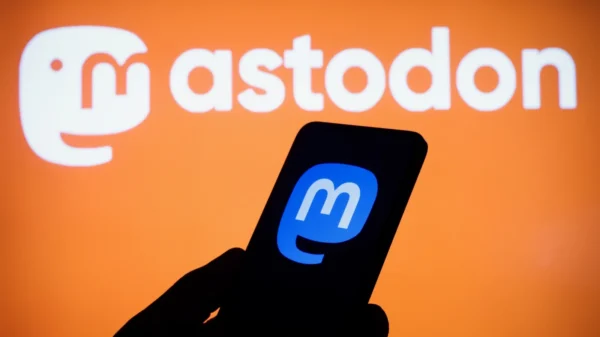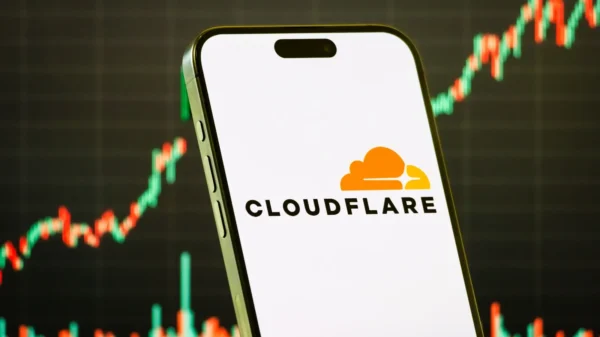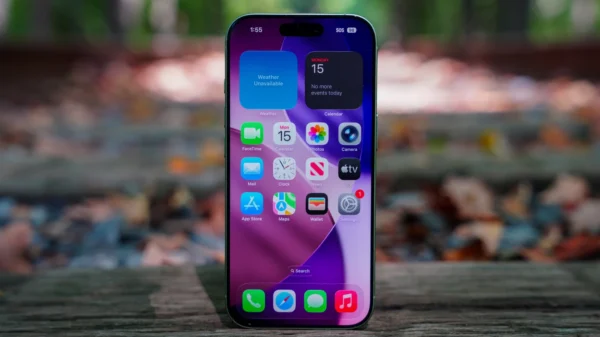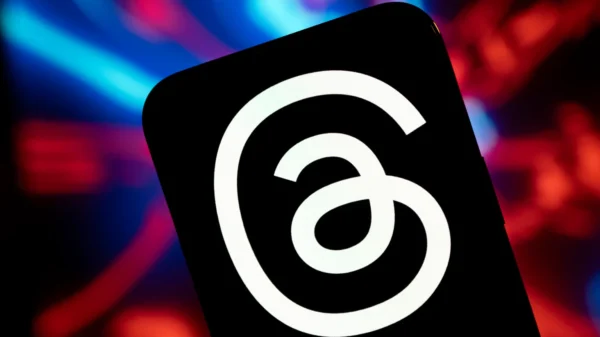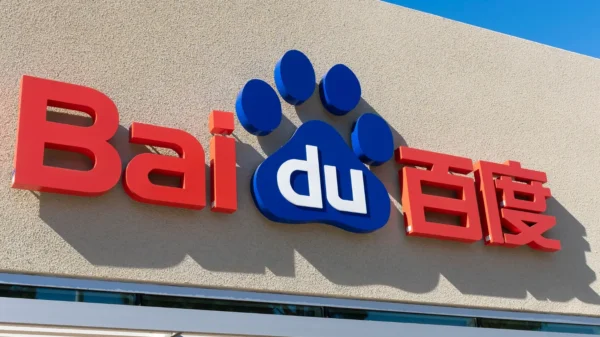X Blocks Signal Links Amid Government Crackdown – What It Means for Users
In a surprising move, X, formerly known as Twitter, has started blocking users from sharing Signal.me links. These links allow people to connect on Signal, a widely used encrypted messaging app. The restriction has raised concerns about censorship, free speech, and the ability to report government misconduct at a time of heightened political changes.
Signal has long been trusted by activists, journalists, and even government employees for its end-to-end encryption. Many whistleblowers rely on the platform to securely expose corruption and misconduct. Recent reports suggest federal employees have used Signal to share information about issues within government agencies. With X now preventing users from posting Signal.me links in tweets, bios, or direct messages, some fear this could make it harder for whistleblowers to communicate safely.
When attempting to share a Signal.me link, users receive error messages, with some alerts claiming the links are “potentially harmful.” This designation has sparked speculation that the move is more than just an attempt to curb spam. Instead, many see it as part of a broader effort to control information flow on the platform.
This development comes during a time of significant political shifts. X’s owner, Elon Musk, has reportedly been working with President Donald Trump to restructure the federal workforce. Just days before the restriction took effect, over 9,500 federal employees were laid off on February 14, 2025, as part of an effort led by the newly created Department of Government Efficiency. These layoffs have been interpreted as a broader push to restructure government agencies, and some believe the Signal ban may be related. If government employees rely on Signal to report internal problems, limiting access to the app on X could make this process more difficult.
Critics argue that restricting Signal links amounts to censorship and represents a troubling shift in how digital communication is being controlled. While X has blocked links before—typically for security reasons or to prevent spam—the timing of this restriction raises concerns. When tech outlets tested the links, they confirmed that X had implemented these blocks, even though users could still access Signal’s website manually.
For most users, this restriction may appear to be a minor inconvenience. However, for those who depend on secure messaging for privacy, the consequences could be serious. Whistleblowers, journalists, and activists have long relied on encrypted communication tools to speak out without fear of retaliation. With one of the most widely used social media platforms making it harder to connect securely on Signal, these groups may need to seek alternative ways to share information safely.
This move signals a growing intersection between politics and digital communication. As Musk and Trump continue pushing their agenda, the decision to block Signal links raises deeper concerns about transparency and control over online discussions. Whether this is a temporary measure or part of a broader strategy remains uncertain, but the implications for free speech and secure communication are undeniable.
For those who rely on Signal, adapting to these restrictions may require switching to alternative platforms or using creative workarounds. Beyond this specific case, the situation reflects a larger trend in which social media platforms are increasingly shaping how users can share and access important tools for privacy and security.
As the digital landscape continues to evolve, users must stay vigilant about how these changes affect their ability to communicate freely. The restriction on Signal links is just one example of how digital platforms can influence the free flow of information, and it highlights the ongoing debate over the balance between security, censorship, and political agendas in social media governance.




